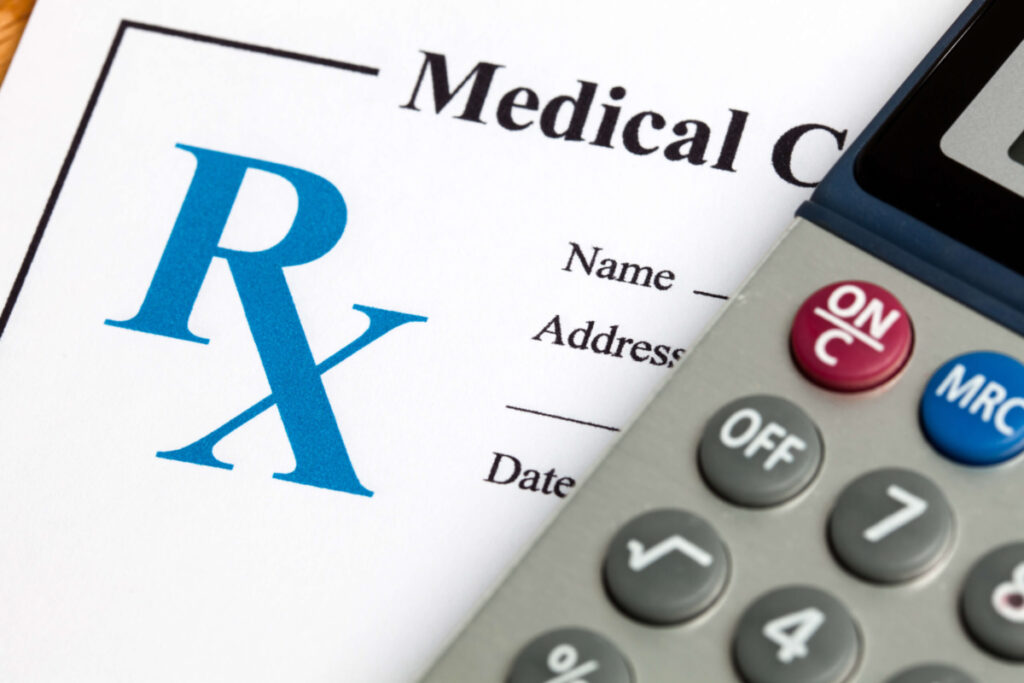In addition to providing critical funding for state COVID-19 response efforts, the American Rescue Plan requires drug manufacturers to pay more in Medicaid rebates for drugs with large price increases. This change, effective in 2024, has the potential to generate significant federal and state savings.
Under the Medicaid Drug Rebate Program (MDRP), manufacturers are required to provide certain rebates to state Medicaid programs in order to have their drugs covered by Medicaid. States and the federal government share these rebates based on the federal medical assistance percentages (FMAP), which is the share of state Medicaid spending paid for by the federal government. The rebate amount a manufacturer provides to states is determined by two federal rebate requirements:
Without the rebate cap in place, manufacturers face a new pricing landscape that requires them to pay larger Medicaid rebates if they significantly increase a drug’s price.
- A basic rebate: This rebate amount is based on a percentage of the average manufacturer price (AMP) – 23.1 percent for most brand-name drugs and 13 percent for generic drugs, and
- An inflationary rebate: An additional inflationary rebate is applied if the increase in a drug’s AMP exceeds inflation, defined by the urban consumer price index.
Under the current formula, the total rebate amount a state can receive (when the basic plus inflationary rebates are applied) cannot exceed 100 percent of a drug’s AMP. A drug manufacturer typically triggers this cap only if it increases a drug’s price substantially over time and therefore must provide such a large inflationary rebate that the rebates equal the drug’s price. Once the cap is reached, a manufacturer has little incentive to moderate drug price increases as they can charge a higher price to other private plans without paying larger rebates to Medicaid programs.
The American Rescue Plan eliminates the rebate cap, creating incentives for manufacturers to limit price increases and enabling state Medicaid agencies to collect more in rebates when large price increases occur. Without the rebate cap in place, manufacturers face a new pricing landscape that requires them to pay larger Medicaid rebates if they significantly increase a drug’s price.
This change reflects a June 2019 Medicaid and Children’s Health Insurance Program Payment and Access Commission (MACPAC) recommendation. In its recommendation, MACPAC highlighted that the change would result in higher Medicaid rebates and put downward pressure on manufacturer price increases. At the request of MACPAC, the Congressional Budget Office estimated potential savings from this change would be $15 to $20 billion in federal savings over 10 years. States would receive the non-federal share of these savings to their Medicaid programs. MACPAC, however, did caution that this change would only address drugs with large price increases – not drugs with high-launch prices.
MACPAC is currently considering an additional recommendation to change the MDRP related to rebates on drugs that receive accelerated approvals. An accelerated approval is a Food and Drug Administration (FDA) pathway that allows for quicker approval of drugs that treat serious or life-threatening conditions and fill an unmet medical need. MACPAC is considering a proposal to increase rebates required for drugs that receive an accelerated approval until the manufacturer completes the required post-market clinical trials.
The goal of the MDRP change would be to increase rebates on these drugs while there is limited clinical evidence of their effectiveness and to incentivize manufacturers to complete the post-market trials that are often delayed or take a number of years to complete.
Guidance from the Centers for Medicare & Medicaid Services in 2018 made it clear that state Medicaid programs are required to cover drugs approved through the accelerated approval pathway, despite the fact that these drugs often having high prices and unclear evidence of clinical benefit. Recently, indications for two drugs that received accelerated approvals – the cancer drugs Tecentriq and Imfizi – were withdrawn after follow-up trials showed the drugs did not improve overall survival.
MACPAC will vote on the recommendation to increase rebates for drugs with accelerated approvals at its April meeting. The National Academy for State Health Policy will follow its actions.



